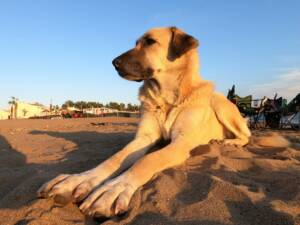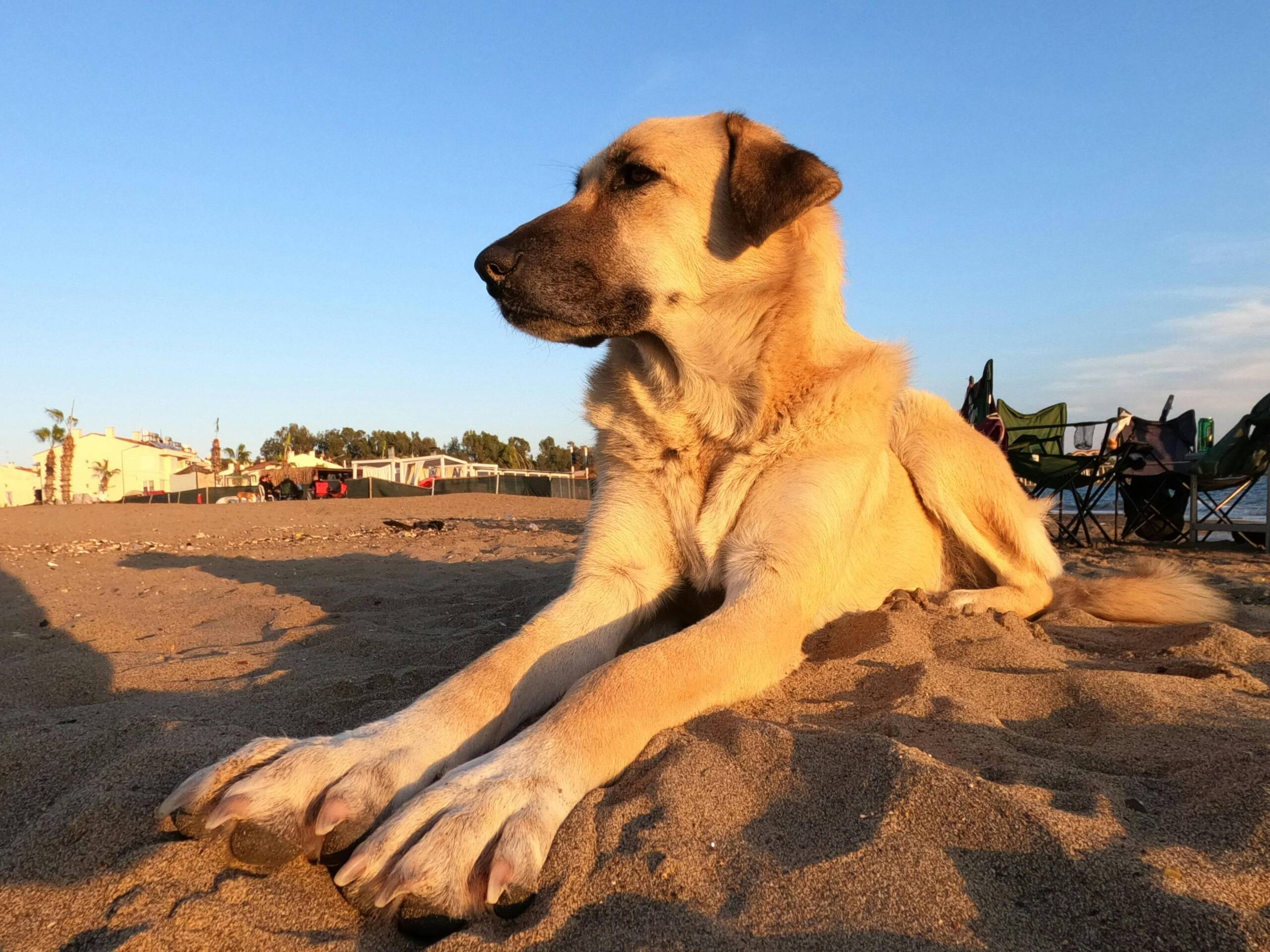
First of all, it’s essential to understand that dogs, much like humans, can be picky eaters for a variety of reasons. Just because your dog turns his nose up at his kibble doesn’t mean he’s being deliberately stubborn or difficult. There may be underlying factors at play.
One possible reason your dog might prefer human food is simply that it smells and tastes different. Many dogs are attracted to the aroma and flavors of human food, which can be more pungent and appealing than their regular kibble. It’s important to note that human food is often higher in fat and salt content, making it more enticing to dogs. This doesn’t mean it’s healthier for them, though.
Another reason could be related to health issues. Just like humans, dogs can experience dental problems, gastrointestinal discomfort, or even more serious health issues that can affect their appetite. If your dog is not eating his regular food but seems eager for human food, it might be a sign that he’s experiencing some discomfort or pain when eating his usual meals.
Additionally, your dog’s behavior might be influenced by the environment. If your dog is used to being fed table scraps or receiving human food as treats, he may have developed a preference for it over time. Dogs are quick learners and can easily pick up on patterns, so if they realize that holding out on their regular food results in getting tastier human food, they may be more inclined to refuse their meals.
It’s also worth considering the emotional aspect. Dogs are sensitive creatures, and changes in their environment, routine, or even their human family’s emotions can affect their eating habits. If your dog is feeling stressed, anxious, or upset, he may exhibit changes in appetite, including rejecting his regular food in favor of something more familiar and comforting, such as human food shared by the family.
So, what can you do to address this issue? Firstly, it’s essential to consult with your veterinarian to rule out any underlying health problems. Once you’ve confirmed your dog is in good health, you can begin to address his eating habits.
One effective way to encourage your dog to eat his regular food is to establish a consistent feeding schedule and stick to it. Dogs thrive on routine, and having set meal times can help regulate their appetite. It’s also important to avoid giving in to your dog’s picky behavior by offering human food as a replacement for his regular meals. This only reinforces the idea that refusing food leads to better options.
Consider gradually transitioning your dog to a different type of dog food if you suspect that he’s become bored with his current diet. However, it’s crucial to make any changes to your dog’s diet slowly and under the guidance of your veterinarian to prevent digestive upset.
Another helpful approach is to make your dog’s regular meals more appealing. You can try warming up the food slightly to enhance the aroma, mixing in a small amount of wet food, or even adding a sprinkle of low-sodium broth to entice your dog to eat. Just be mindful of the portion sizes and the overall nutritional balance of your dog’s diet.
Finally, it’s important to stay patient and consistent in your efforts. Avoid scolding or punishing your dog for not eating his food, as this can create further stress and anxiety around meal times. Instead, offer encouragement, praise, and positive reinforcement when your dog does eat his regular food.
In conclusion, a dog’s refusal to eat his food while showing interest in human food can be a cause for concern, but it’s a common issue that many dog owners face. By understanding the potential reasons behind this behavior and taking proactive steps to address it, you can help your dog develop healthier eating habits and ensure his overall well-being. Remember, patience, consistency, and guidance from your veterinarian are key in navigating this challenge and promoting a balanced diet for your beloved canine companion.[/fusion_text]



